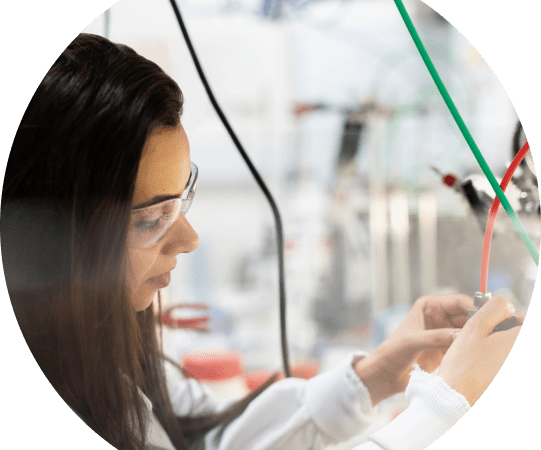In an era where environmental sustainability has become a global priority, the role of environmental testing labs near me has grown increasingly critical. These laboratories are the frontline defenders in the battle against pollution, playing a vital role in monitoring, identifying, and ETLs quantifying pollutants in our environment. From air and water to soil and industrial emissions, these labs provide the essential data that informs regulatory actions, helps industries stay compliant, and ensures the safety and well-being of the public.
The Importance of ETLs
ETLs are specialized facilities equipped with advanced scientific instruments and staffed by experts in environmental science, chemistry, and biology. Their primary function is to analyze samples from various environmental matrices, including air, water, soil, and biological tissues, to detect the presence of pollutants. This process is crucial for several reasons:
- Protecting Public Health: One of the most significant roles of ETLs is to protect public health. By identifying harmful pollutants in the environment, these labs help prevent exposure to toxic substances that could lead to severe health issues, including respiratory diseases, cancers, and neurological disorders.
- Regulatory Compliance: Environmental regulations are becoming stricter worldwide, and industries are required to adhere to these standards to minimize their environmental impact. ETLs provide the necessary data to demonstrate compliance with these regulations, ensuring that industries operate within legal limits and avoid hefty fines or shutdowns.
- Monitoring Environmental Changes: ETLs play a critical role in monitoring changes in the environment. By analyzing long-term data, these labs can detect trends in pollution levels, which can indicate the success or failure of environmental policies and practices. This information is vital for policymakers, environmentalists, and the general public to understand the state of the environment and take necessary actions.
Key Areas of Environmental Testing
ETLs are involved in various aspects of environmental monitoring and analysis. Some of the key areas include:
- Air Quality Testing: Air pollution is a significant concern, particularly in urban and industrial areas. ETLs measure the concentration of pollutants such as particulate matter (PM), nitrogen oxides (NOx), sulfur dioxide (SO2), carbon monoxide (CO), volatile organic compounds (VOCs), and other harmful substances. This data is essential for assessing air quality and implementing measures to reduce pollution.
- Water Quality Testing: Clean water is essential for life, but it is increasingly threatened by pollutants such as heavy metals, pesticides, industrial chemicals, and pathogens. ETLs analyze water samples from rivers, lakes, groundwater, and drinking water sources to detect contaminants. This information is crucial for ensuring that water is safe for consumption and that aquatic ecosystems are protected.
- Soil Testing: Soil contamination can have far-reaching consequences for agriculture, ecosystems, and human health. ETLs assess soil samples for pollutants like heavy metals, pesticides, and hydrocarbons. This testing is vital for determining soil quality, especially in areas near industrial sites, landfills, and agricultural fields where chemical use is prevalent.
- Industrial Emissions Testing: Industries are significant sources of environmental pollutants, and ETLs play a key role in monitoring their emissions. These labs measure pollutants in industrial discharges, waste, and emissions to ensure that they comply with environmental regulations. This testing helps industries minimize their environmental impact and contributes to the broader goal of sustainability.
Summing up, “environmental testing labs orange” are indispensable in our efforts to protect the environment and public health. With the world continuing to grapple with environmental challenges, the role of these labs will only become more important in safeguarding our planet for future generations.


